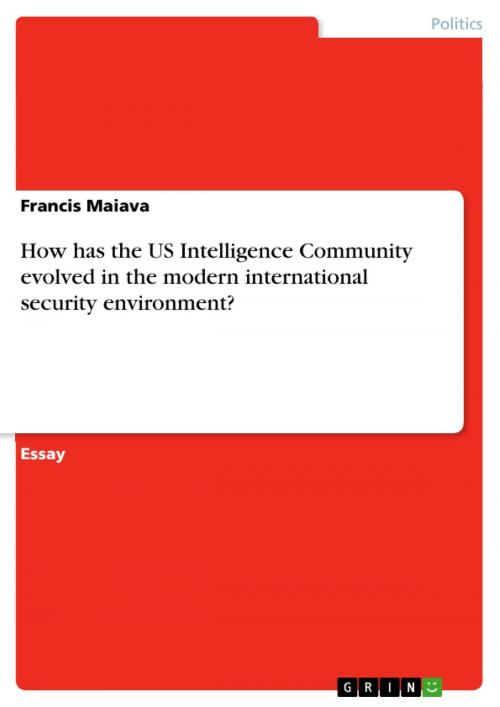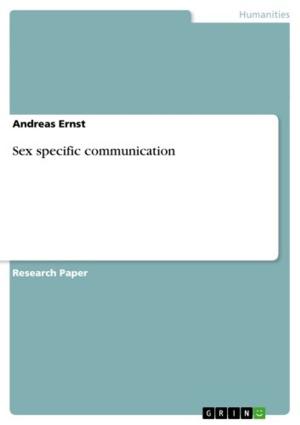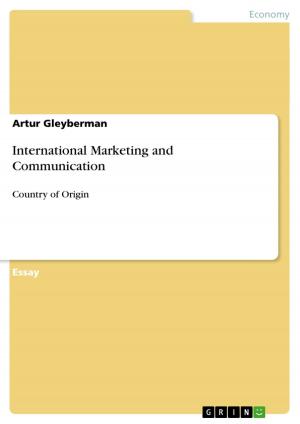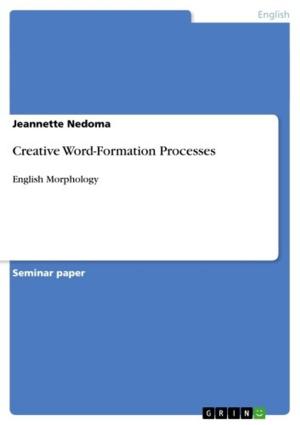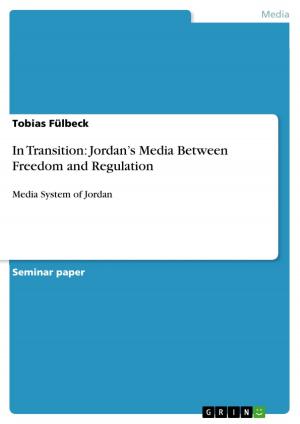How has the US Intelligence Community evolved in the modern international security environment?
Nonfiction, Social & Cultural Studies, Political Science, International, International Security| Author: | Francis Maiava | ISBN: | 9783668160460 |
| Publisher: | GRIN Publishing | Publication: | February 25, 2016 |
| Imprint: | GRIN Publishing | Language: | English |
| Author: | Francis Maiava |
| ISBN: | 9783668160460 |
| Publisher: | GRIN Publishing |
| Publication: | February 25, 2016 |
| Imprint: | GRIN Publishing |
| Language: | English |
Essay from the year 2014 in the subject Politics - International Politics - Topic: Peace and Conflict Studies, Security, grade: 84% (A), , course: Masters in International Security Studies with an Endorsement in Intelligence, language: English, abstract: Major historical developments continued to shape the way the United States Intelligence Community (IC) practices intelligence since its creation under the authority of the National Security Act 1947. This work seeks to explore historical significance of events and themes that influenced the way United States intelligence agencies exchanged information (or the lack of it) in a chronological and historical order to its present context. The study also examines the role of Congress in overseeing the IC and its activities and how this role has evolved over the years amid challenges such as its relationship with the Executive Branch of U.S. Government, budget oversight and the classified nature of highly sensitive information. The study closes by concluding that while much needed changes have been adopted by the IC to improve its activities and operations since 11 September 2001, time will tell whether such changes have improved the ability of intelligence to function as an effective and cohesive unit.
Essay from the year 2014 in the subject Politics - International Politics - Topic: Peace and Conflict Studies, Security, grade: 84% (A), , course: Masters in International Security Studies with an Endorsement in Intelligence, language: English, abstract: Major historical developments continued to shape the way the United States Intelligence Community (IC) practices intelligence since its creation under the authority of the National Security Act 1947. This work seeks to explore historical significance of events and themes that influenced the way United States intelligence agencies exchanged information (or the lack of it) in a chronological and historical order to its present context. The study also examines the role of Congress in overseeing the IC and its activities and how this role has evolved over the years amid challenges such as its relationship with the Executive Branch of U.S. Government, budget oversight and the classified nature of highly sensitive information. The study closes by concluding that while much needed changes have been adopted by the IC to improve its activities and operations since 11 September 2001, time will tell whether such changes have improved the ability of intelligence to function as an effective and cohesive unit.
